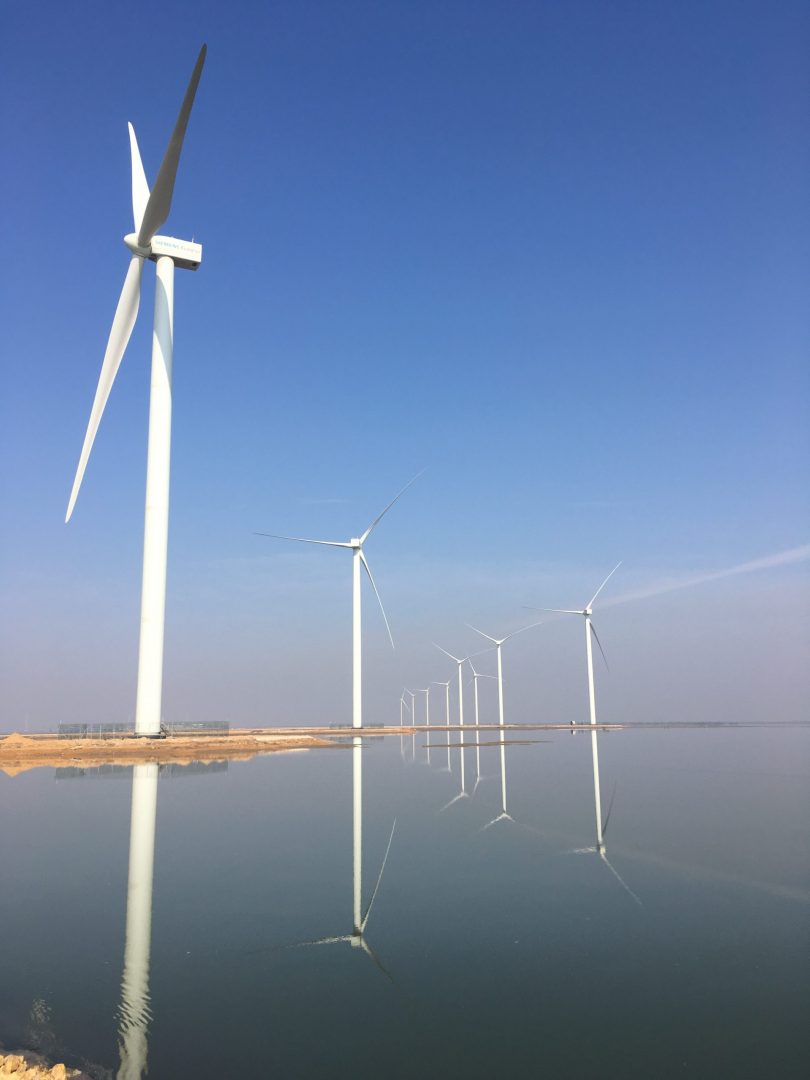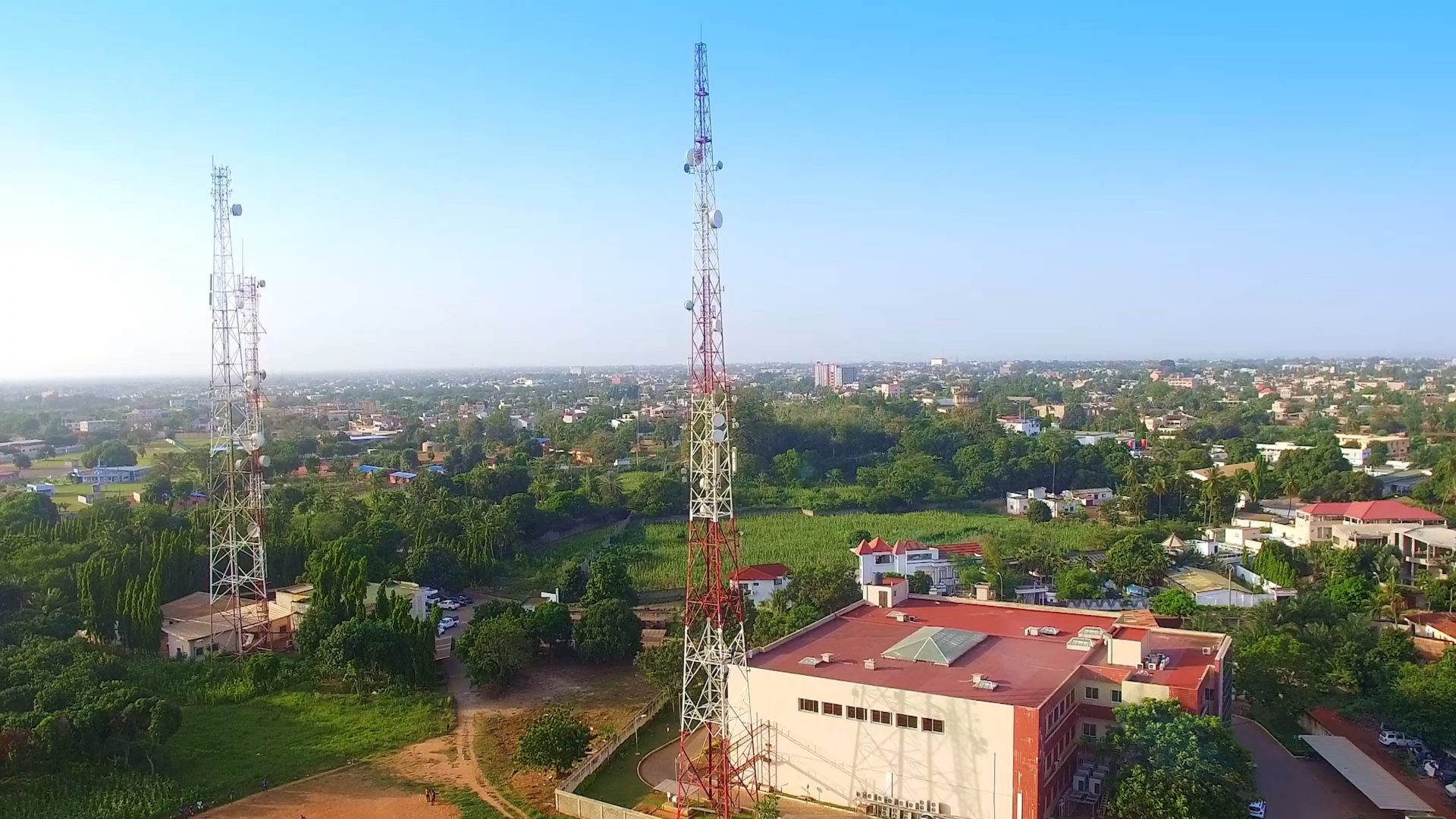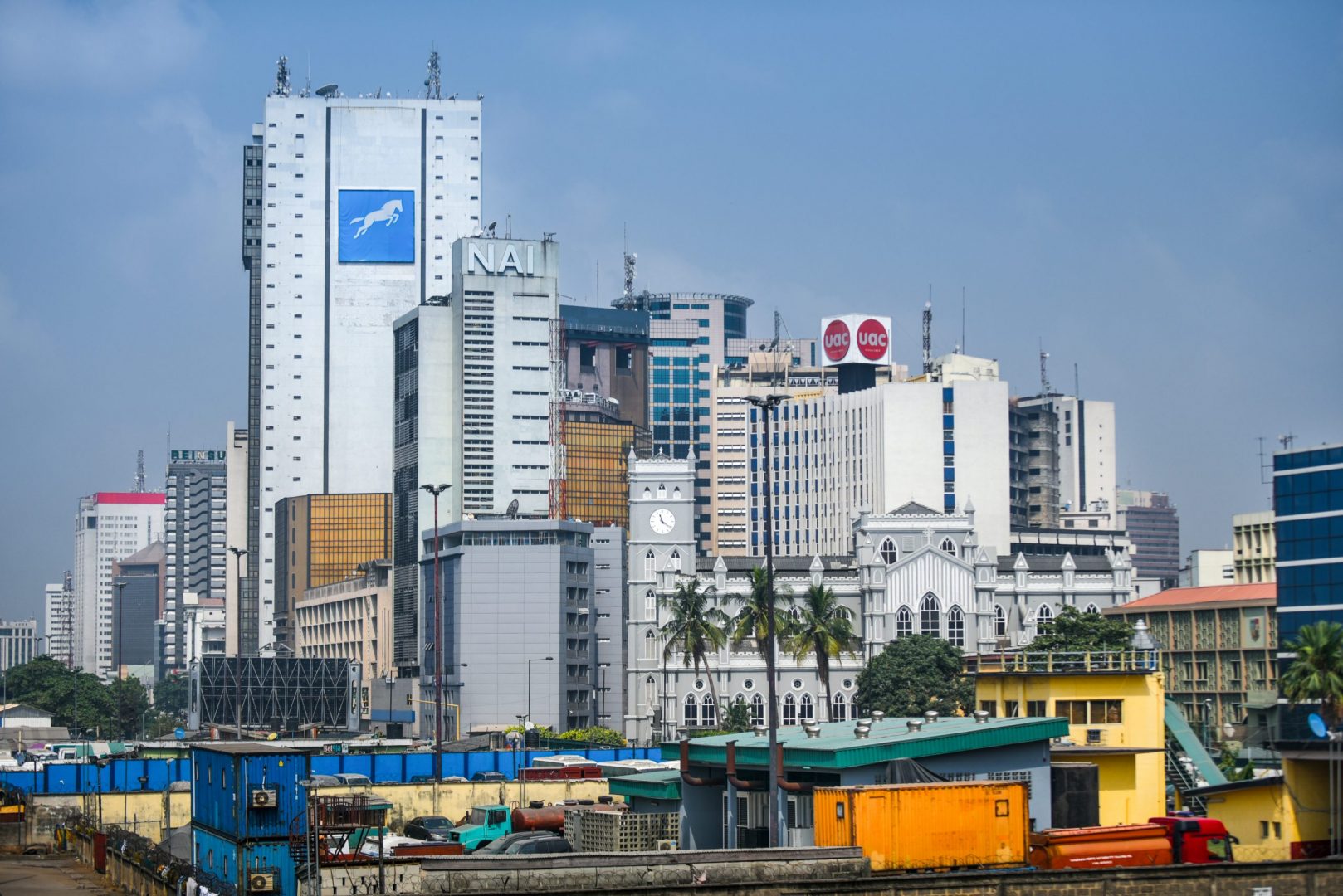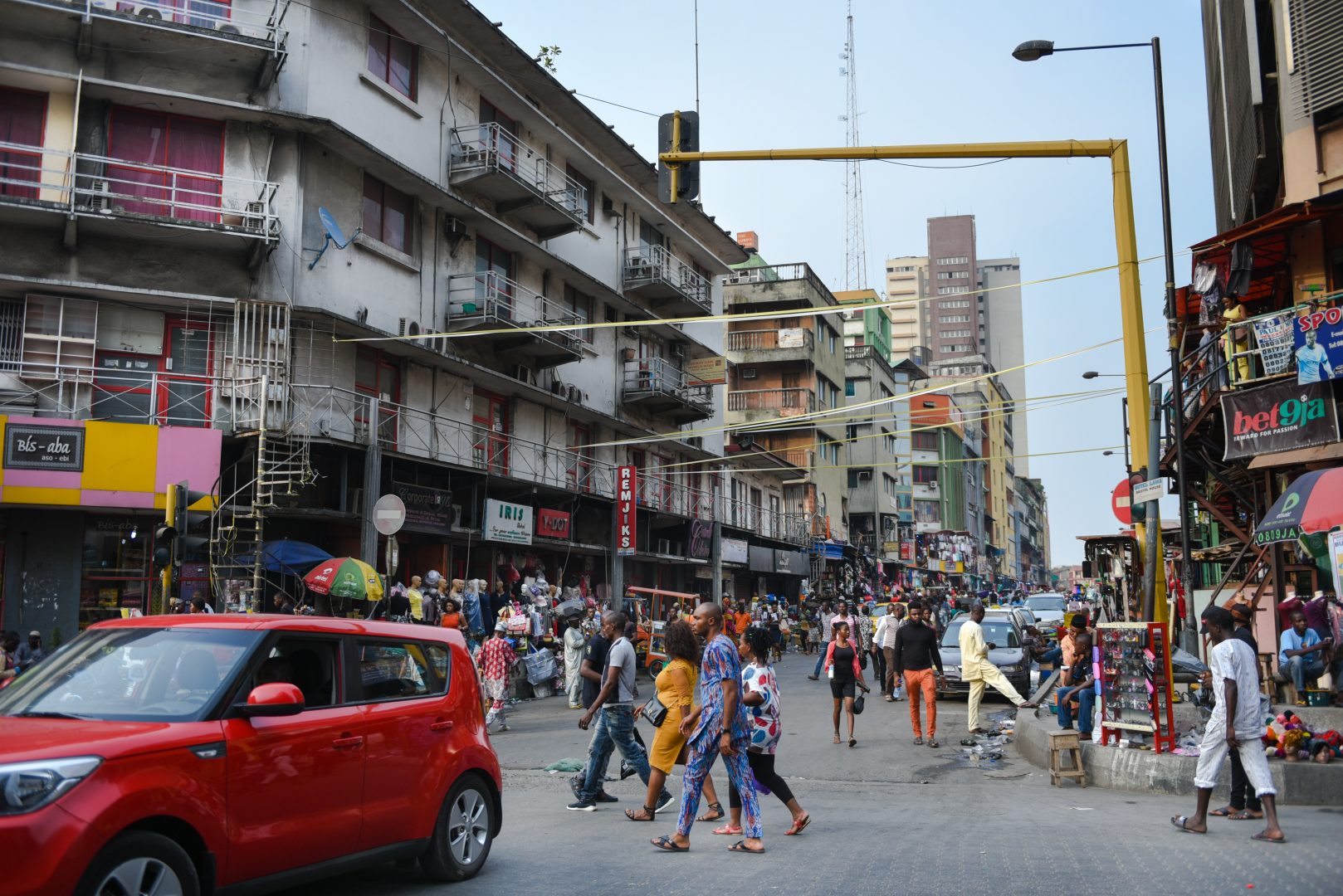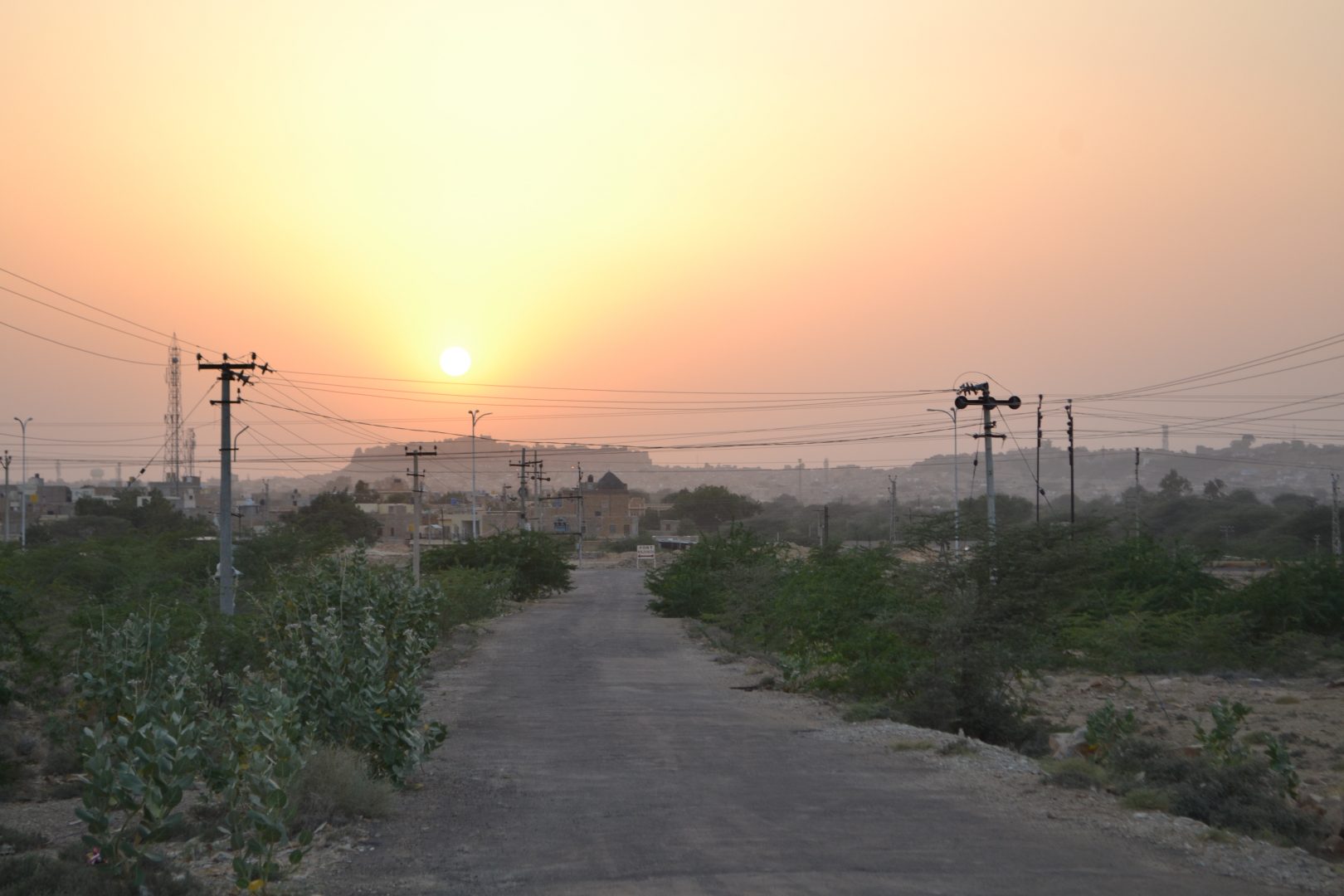Nepra Resource Management
Impact of our funds’ portfolio: How an Indian business is both protecting marginalised workers and reducing waste in landfill
What’s the challenge?
There are an estimated 1.5 million ‘waste pickers’ in India. As is the case in many countries without sustainable waste management, much informal waste recycling is carried out by urban poor and marginalised groups who find a source of income by selling waste to scrap dealers. It is thought that informal waste workers are responsible for around 90 per cent of recycling in emerging markets.
However, as an informal occupation, the majority of the work falls to women or children without access to equal pay, rights or decent working conditions. They are frequently exploited by buyers who tamper with weighing systems, leading to unfairly low prices, and are often unreliable with payment.
More generally, India faces environmental challenges as a result of waste generation and waste collection. The country generates around 62 million tonnes of waste every year. Of this, around 80 per cent ends up in landfill, with only 20 per cent being treated. By 2041 annual waste generated in the country is predicted to reach 161 million tonnes.
The country’s waste management sector is unfunded and lacking regional cohesion. As a signatory to the Paris Climate Agreement and the UN’s Sustainable Development Goals, the country faces a challenge to meet its commitments. Waste management features in the targets under SDG 11 and 12, including commitments to reduce, recycle and reuse waste.
62 million
The tonnes of waste India produces annually
How is the business tackling that challenge?
Nepra Resource Management works with waste pickers to collect, segregate, process, and recycle local dry waste in India, and importantly to ensure they receive fair and transparent wages on a consistent basis. The company works with over 1,800 waste pickers, 39 per cent of who are women, and over the past 8 years Nepra has impacted the lives of more than 5,000 workers.
The company ensures fair compensation by weighing the collected waste so it is accurately measured, and payment is made immediately to the worker. On average workers earn 20 – 25 per cent more with Nepra, a difference which allows them to earn a dignified livelihood. Using an app with face scanning technology Nepra ensures collectors are correctly credited for the work they do.
As well as formalising the sector for marginalised workers, the company is also reducing impact on the environment, with its mission of ‘zero waste to landfill’. On average, the company processes 500 tonnes of waste a day, preventing it from going into landfill, and has diverted over 500,000 tonnes of CO2 emissions.
In addition to working with waste pickers, Nepra collects waste from corporations, industrial sites and retail bins. Currently operating in three cities across India, the organisation plans to expand across the country.
We are invested in Nepra Resource Management through our commitment to the Aavishkaar Emerging India Fund and Aavishkaar India II Company Limited in 2011.
The fund provides early stage and expansion capital, particularly in firms that solve problems for low-income populations in India. We committed to the fund in 2018 and have been working closely with the manager looking at innovative ways to reach rural populations and monitor its environmental and social management.
20-25%
The wage increase for waste pickers who work with Nepra

